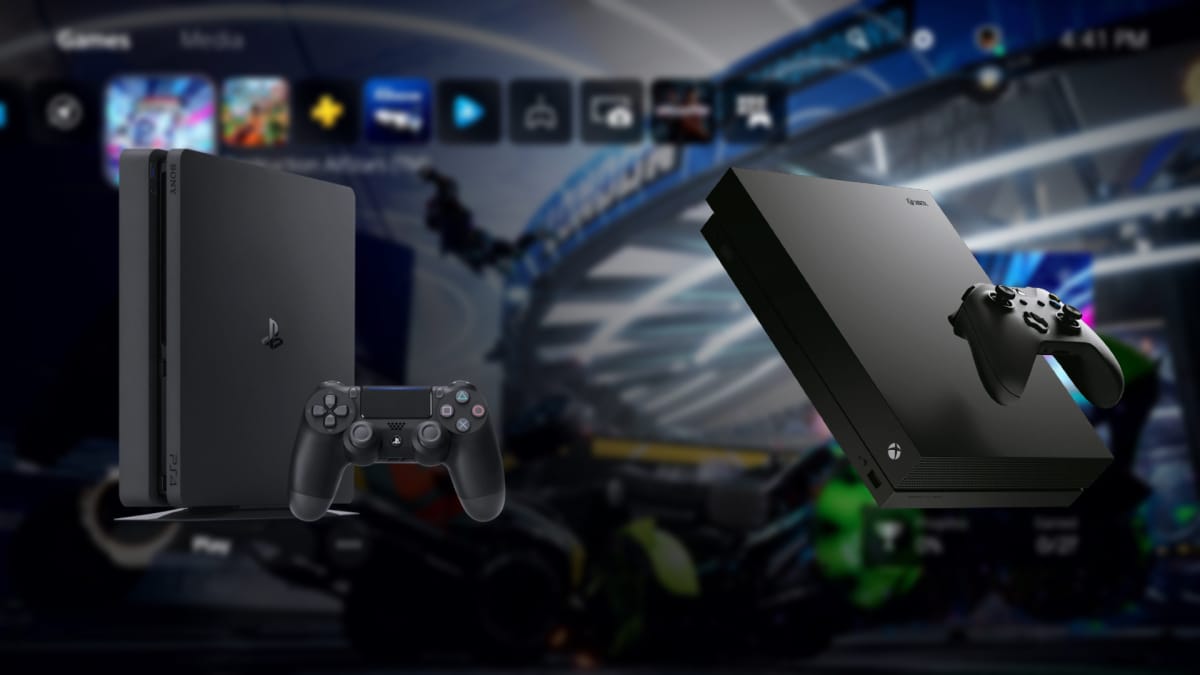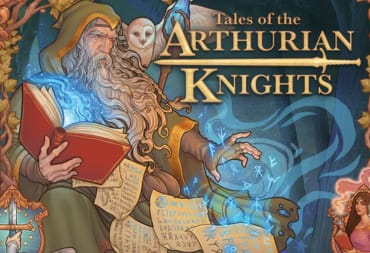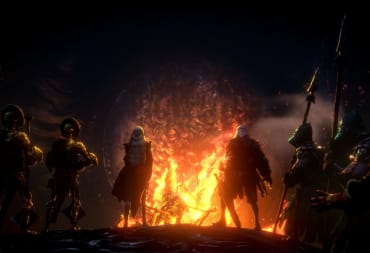The PlayStation 5 and Xbox Series X are celebrating their fifth month on the market right now. While the consoles have sold incredibly well according to sales reports released so far, there are still many fans stranded on the PlayStation 4 and Xbox One consoles waiting for their chance to jump onto the next-gen bandwagon. Despite the next-gen release slate starting off strong with exclusives like Marvel's Spider-Man: Miles Morales, Demon's Souls, and The Medium, many fans have been frustrated over how many of the games slated for the first two years of the console's lifespan will also release on PlayStation 4 and Xbox One, as they are less likely to take full advantage of the newer hardware. If you're one of these people, you may want to get used to these generations coexisting. In the long-term however, this can only be a good thing for smaller developers.
The PlayStation 5 and Xbox Series X are the first consoles in a long time to be almost entirely compatible with games from their previous iterations' libraries and, in the case of the Xbox Series X and its Series S counterpart, also compatible with select titles spanning three generations prior. This means that for the first time in modern gaming, two console generations are coexisting side by side in an unprecedented manner. Fans on these consoles have likely already found themselves spending more time playing games from the previous generation as a result of their backwards compatibility, as games for these new consoles have been scarce in release over these launch months.
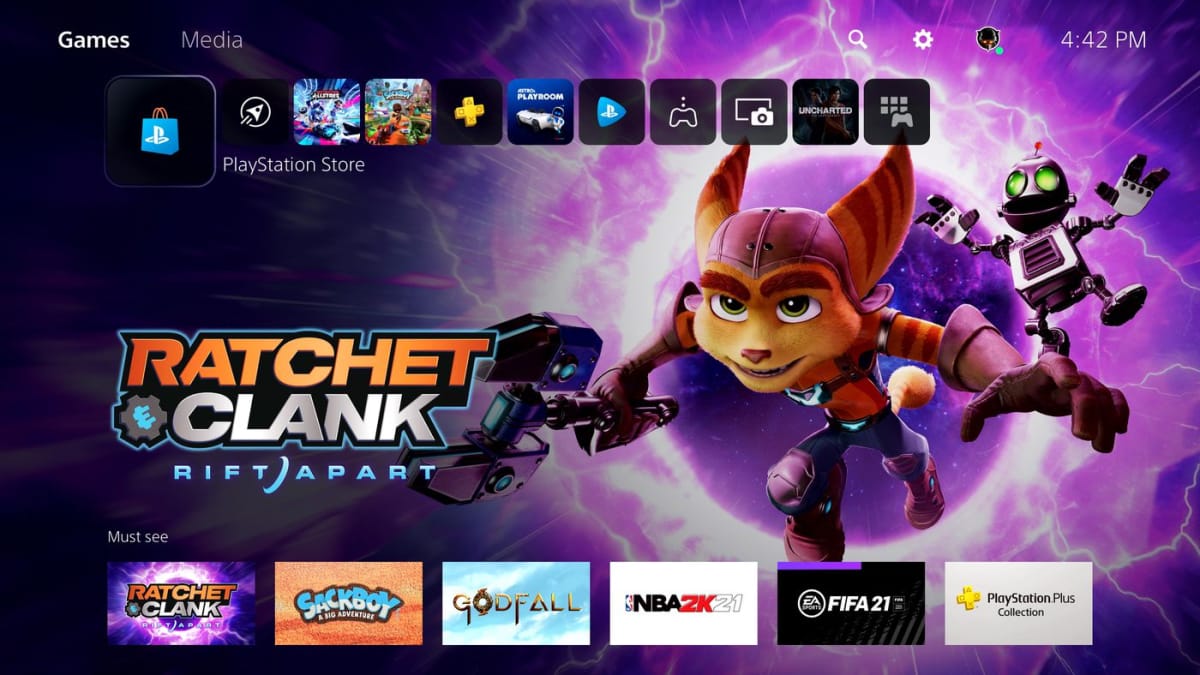
The Benefit of Cross-Generation
During 2014, the first full year with the PlayStation 4 and Xbox One on the market, fans looking to play new releases on PS3 and Xbox 360 would have to keep those consoles on hand in order to play the many titles releasing on those consoles within that year. As a matter of fact, the PS3 was supported by some surprisingly big releases up until 2017, with the likes of Persona 5 launching on the console. Now, it's entirely possible to sell your PS4 to buy a PS5 and still experience all of the latest PS4 releases, most of which benefit from the new system's "blast processing." Looking ahead, it's hard to imagine developers not taking advantage of this well into the life cycle of these newer systems, especially with the huge install base of the PS4 and Xbox One still going strong.
To a lot of independent and "double-A" developers, does it really make much sense to produce a full port of their titles to PS5 and Xbox Series X when there is nothing technically keeping them from running on older hardware, at least not without some understandable concessions? For a smaller developer, it makes less sense to gate millions of players out from your hard work when the backwards compatibility featured in these latest consoles means it can reach two entire platforms at once. This mentality is true now, and it's very likely to be true deep into this console generation.
This mentality extends beyond smaller titles too. While it's likely that bigger publishers and developers will likely take advantage of the newer consoles' capabilities, there's nothing stopping a publisher like Sega from keeping the Yakuza series firmly cross-generational for longer than it would have otherwise, allowing the developers to take advantage of the power of the next-generation consoles, but not have to justify it by completely overhauling their titles' visual fidelity to match. It's this coexistence of console generations that gives developers choices for how to iterate on their franchises.
The unfortunate caveat of this for some fans may be that some games will be hindered by the backwards-compatibility functionality of the newer consoles, namely things like most PS4-compatible titles not supporting the DualSense controller's unique functionalities, the likelihood is that this likely applies to titles that were never going to take advantage of advanced techniques like those at all. Developers wanting to take full advantage of features like these are already likely to drop a PS5-targeted patch.
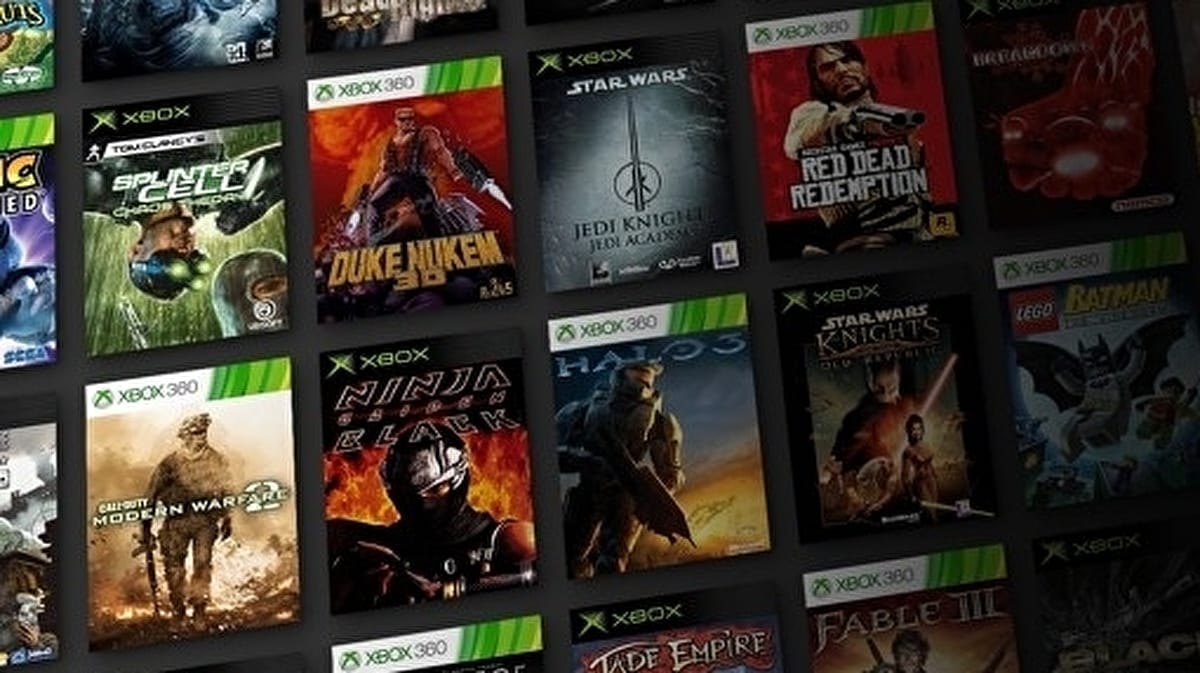
Preservation
A benefit to this cross-generational emphasis Sony and Microsoft have entered this generation with is that the preservation of games will only strengthen. While it's inevitable that publishers will still churn out an endless ocean of remakes and remasters from previous generations (including games that are already playable on the current hardware), it means that the legacy of the PlayStation 4 and Xbox One's library will live on a lot longer than those of the consoles before them. Take, for example, Sony's recent announcement of its plans to shut the PSP, PS3, and PS Vita's digital storefronts. This has come with major backlash from fans who see it as a major threat to the preservation of those consoles' libraries, especially for the PlayStation Vita, a system that is barely a decade old. Integrated backwards compatibility and coexisting console generations means that it will likely be a very long time before we see the closure of the PS4's storefront, perhaps not even until well into the lifespan of the "PS6." This means that developers can express confidence in supporting the last generation, knowing PS5 owners will have full access to their newly released titles, regardless of if they release a PS5-centered SKU.
While there's always time for Sony and Microsoft to double back on this well into the current generation's lifespan, it appears that the integrated PS4 and Xbox One compatibility with the PS5 and Xbox Series X/S will have a major ripple effect on the games industry as a whole, especially with the COVID-19 pandemic slowing down production of the consoles. So to players on the last generation, it might not yet be time to get cold feet and feel the need to jump ship, and for current generation owners, this only means more games.
Have a tip, or want to point out something we missed? Leave a Comment or e-mail us at tips@techraptor.net
